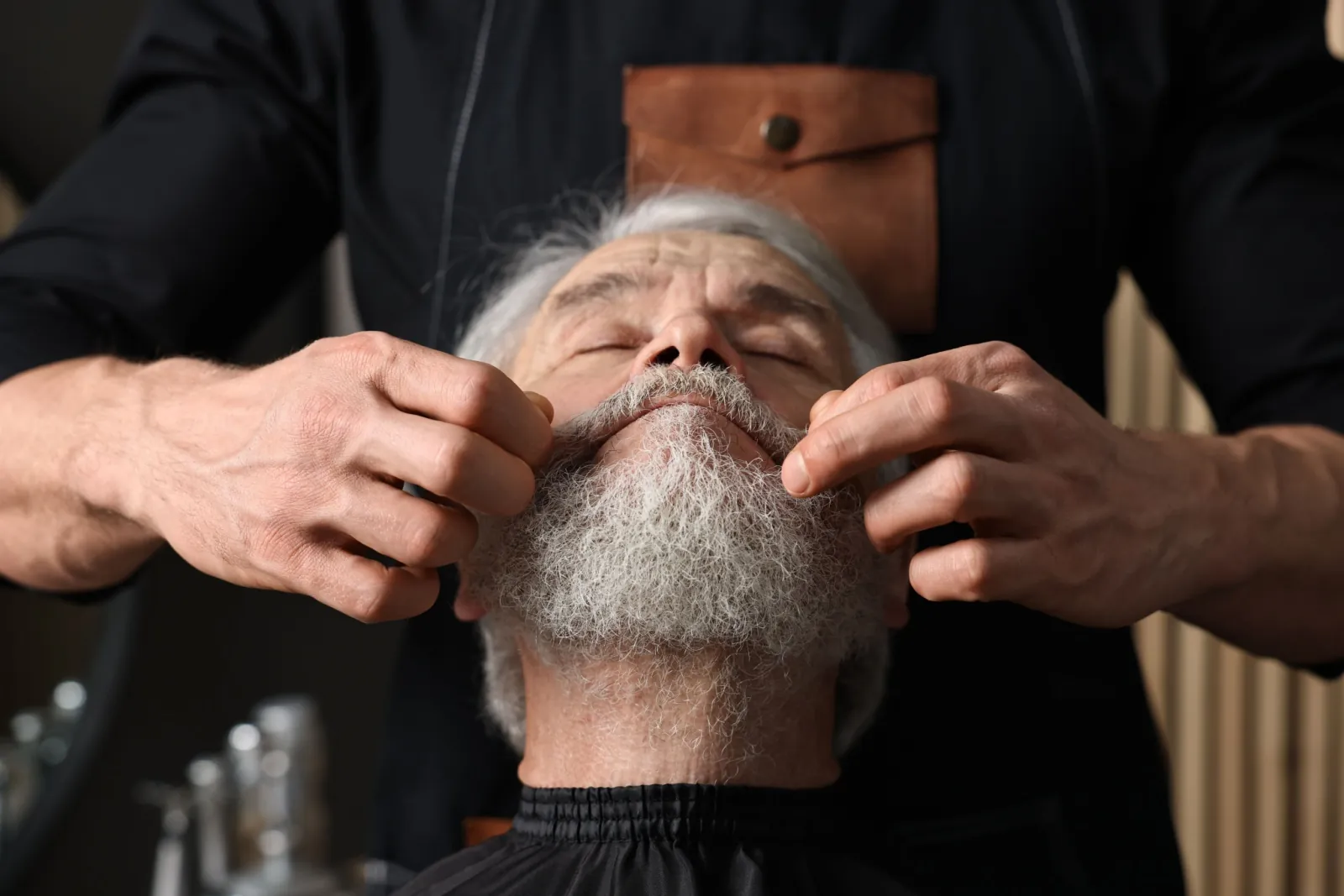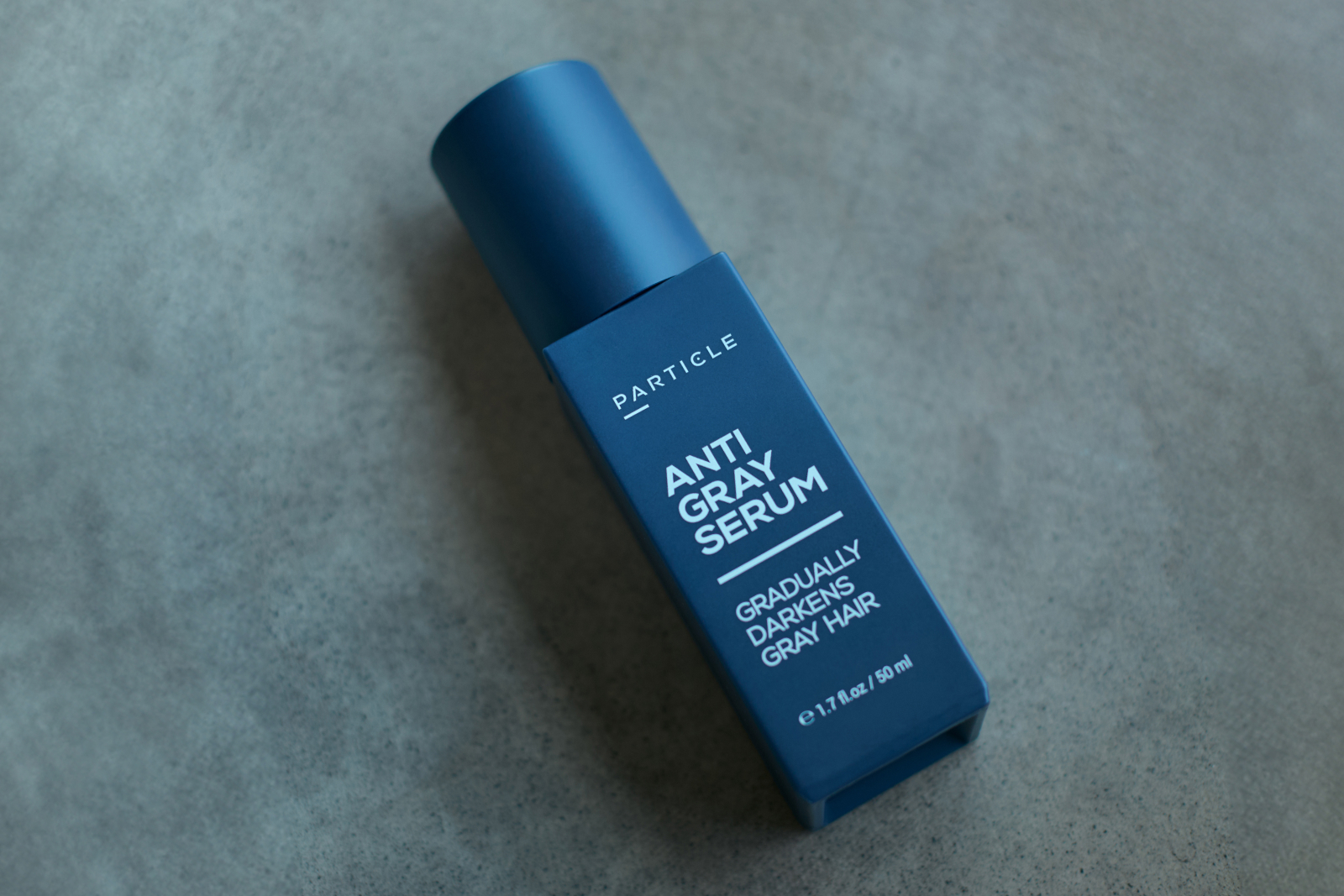Magazine
5 Most Common Skincare Problems and How to Treat Them

Our skin is not only the largest organ of our body, it is also the most sensitive one. And for a good reason, too. It’s there to protect us, serve as a shield from microbes and different elements. It helps us regulate the temperature of our body and is also the organ that allows us to touch and sense different textures, heat, cold and more. However, functioning as the first and protective layer of our body, it’s prone to be harmed and affected by external factors. That is why it is important that you are aware of these common skincare problems, and even more significant, know how to treat them effectively. Here’s a list of the top 5 skin concerns, better safe than sorry!
Skincare Problems – Not Just for Teens
No list about the most common skincare problems can start without one of the main issues from which 85% of people suffer at one or another point in life; acne. It is a misconception to assume that only teens have them – we all do! Acne and other skin breakouts are caused by clogged skin pores. They can be blocked by oil, dead skin cells and other forms of bacteria. If it goes untreated, acne can cause scarring and permanent skin blemishes.
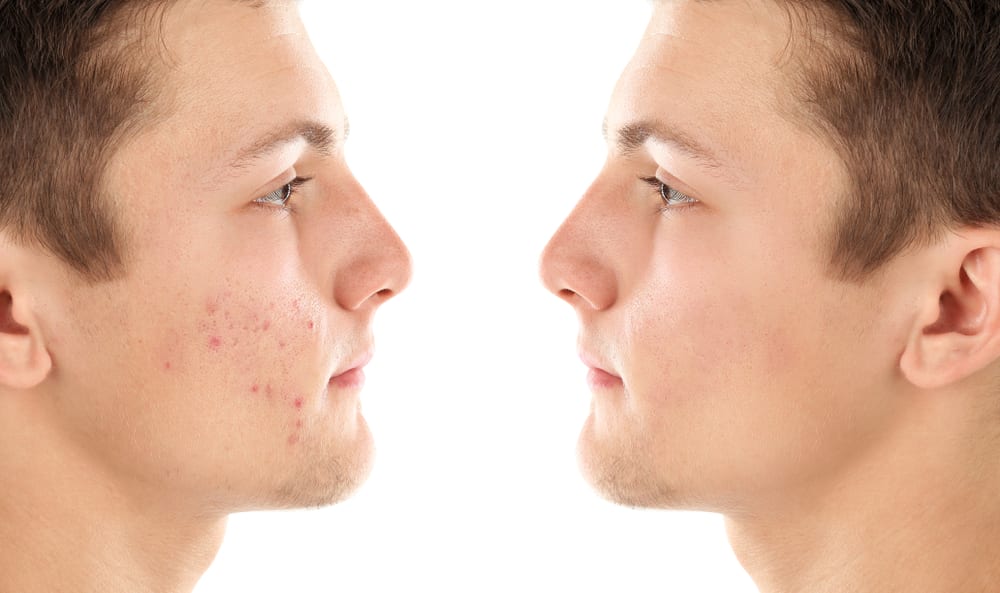
one of the main issues from which 85% of people suffer at one or another point in life
What can you do about it?
The best way to treat any skin condition is by preventing it. But easier said than done. If you already have several breakouts, the best thing to do is cleanse the skin. Make sure that you change your sheets, use clean towels, and in short, ensure that all the instruments and objects that touch your face are clean. Once you’ve secured a hygienic environment you can move to lightly rinsing your face with lukewarm water, and then applying a cleaning face cream. If you’re in need of a deeper treatment, you can always use a clay-based face mask. But remember, whatever you do, do not pop, scratch or rub the zits and blackheads off. Your main concern should be soothing and reducing irritation and redness.
Don’t Have Too Much Fun in the Sun
If you have skin, you’ve had a sunburn. Of course, there are different types of burs, but sunburns are perhaps the most common type and also the easiest to prevent. Sunburns occur when your skin suffers from overexposure to ultraviolet rays – the source can either be the sun or even tanning beds. Aside from the obvious pain, sunburns have many other unpleasant side effects; they can accelerate the skin’s aging process, cause dark spots, wrinkles and more dangerously – different skin diseases.

Sunburns occur when your skin suffers from overexposure to the sun
What can you do about it?
With this particular skin condition – prevention is more than recommended; it’s essential. There are a great number of measures you can take to properly protect your skin from the sun. For instance, make sure that you apply the strongest sunscreen out there, cover your skin as much as you can, and if you’re going to chill by the beach, make sure you’re choosing the right hours. Most sunburns can be treated at home, however, if you see blisters, swelling or suffer from a high fever or headache, you should promptly see your doctor.
Do You Have the Itch?
While it’s true that there are different types of rashes, most of them have pretty similar symptoms; they tend to be itchy, red, inflamed and at times even swollen. Rashes can be caused by a great number of health issues, yet, the most common one is allergies. They can also be triggered if your skin has come in contact with a toxic substance, or perhaps even one that it hasn’t encountered before. Some rashes are visible immediately, while others take time to develop. Be that as it may, if the rash remains mild and limited within a specific bodily area, you can treat it rather easily.
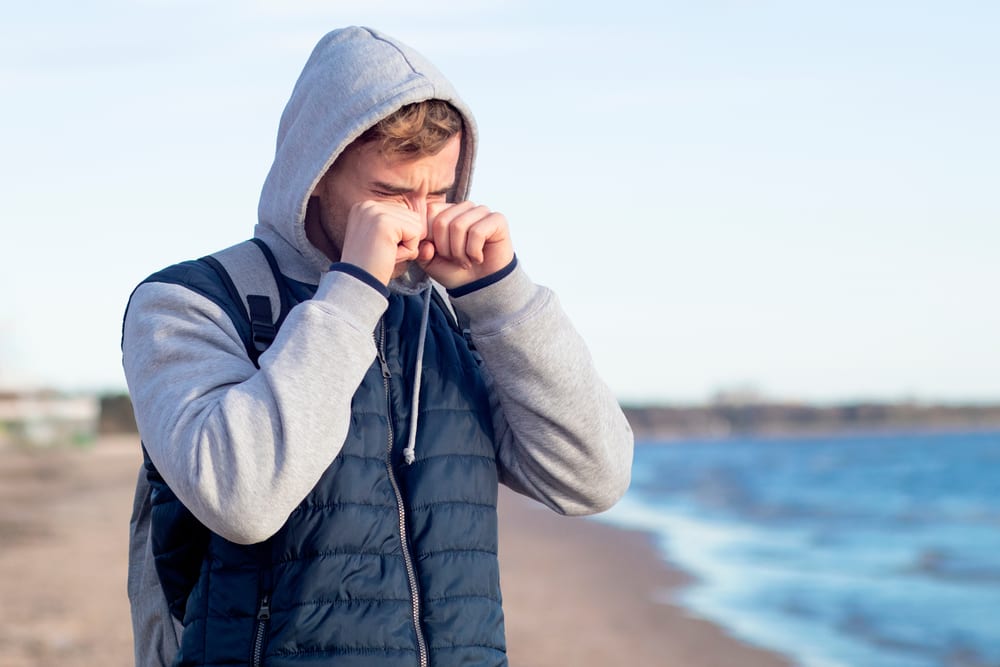
Rashes can be caused by a great number of health issues
What can you do about it?
First, you should try and single out the cause for the rash. Try to remember if you ate something new or used a new detergent and so on. You should avoid itching the rash – it would only cause further inflammation. Your first and best course of action should be rinsing the area and by doing so, removing any residue of the substance that irritated your skin. Do not cover the rash or apply any lotion on it. If the rash expands or you start developing additional symptoms, consult your health specialist.
A Sight for Sore Lips!
Cold sores are perhaps one of the most irritating nuisances out there. Though they usually appear on the tip of your lips, they can also appear on your cheeks, nostrils and even the roof of your mouth. You may not have known this, but cold sores are a form of herpes from which 50 to 80 percent of people suffer. Aside from these blister-like lesions being painful and itchy, they are also highly contagious and somewhat unappealing.
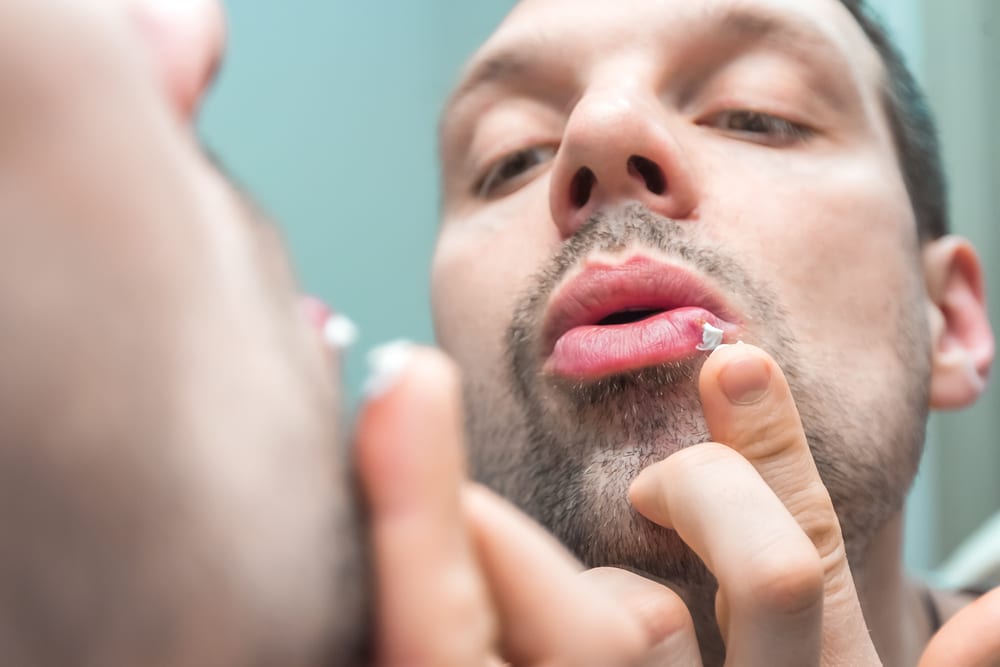
Painful and itchy and also highly contagious
What can you do about it?
Since cold sores are infectious, you should avoid all contact with people who may have them. Of course that means kissing and sharing cups and towels are off the table. If you’re the one suffering from them, make sure you touch your sores as little as possible and keep your hands clean when applying an appropriate ointment. The best thing you can do is cool and soothe the area, and simply wait it out. But whatever you do, you mustn’t apply any creams or other solutions.
The Softer, the Better
Though Eczema is a skin condition commonly known to affect mainly infants, that couldn’t be further from the truth. Eczema is actually a group of skin conditions that can affect anyone at any age. Some people might have a severe case that may lead to bleeding, while others may experience it as nothing more than dry patches of skin. Despite the way it looks, unlike cold sores, eczema is not at all contagious. It affects 32 percent of people and is an atopic form of dermatitis – that is, a patch of the skin is reacting to a stimulant which has not touched it directly.
What can you do about it?
In adults, dermatitis is especially prominent on the neck, face and hands. However, sadly enough, there’s not much that can be done to treat it. Most treatment focuses on soothing and addressing the inflammation and possible itchiness. Some of the easiest remedies are taking lukewarm baths (which are beneficial for your skin even if you’re not suffering from eczema), applying a potent moisturizer (if your skin is affected, our facial cream is also recommended) and using a mild cleanser. If possible, avoid contact with rough, scratchy or coarse surfaces. Make sure to treat your skin with the softness and gentleness it deserves.
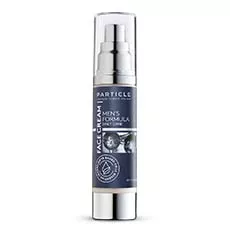
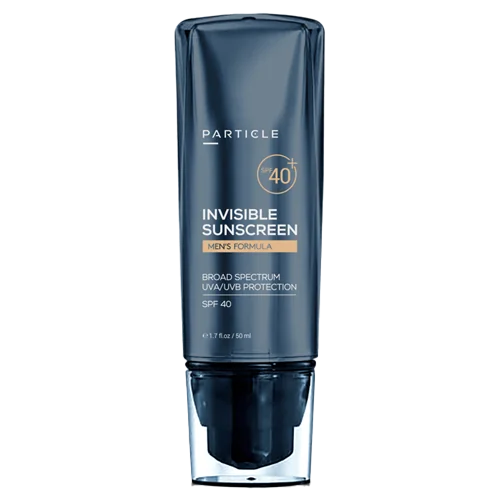
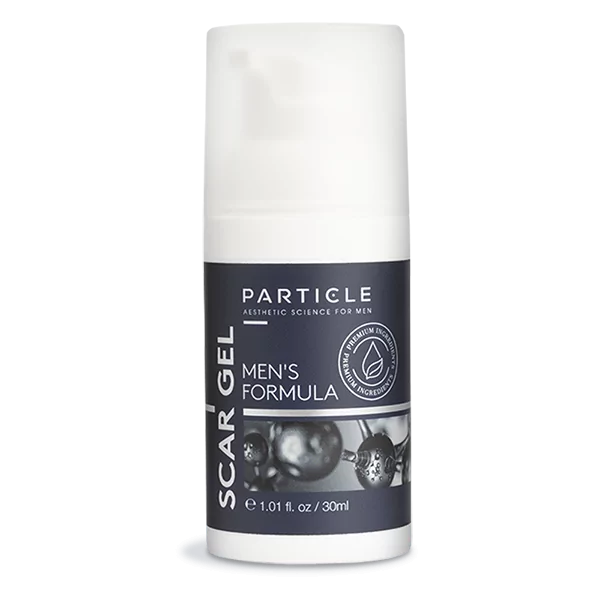
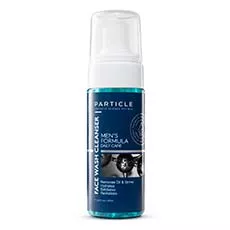
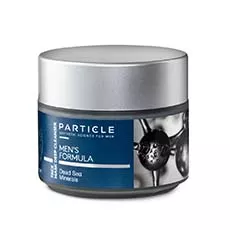
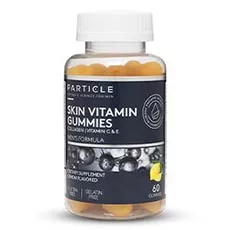
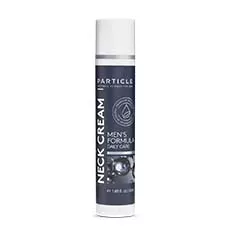
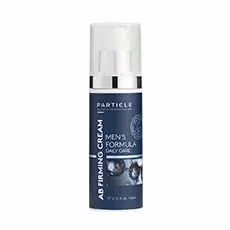
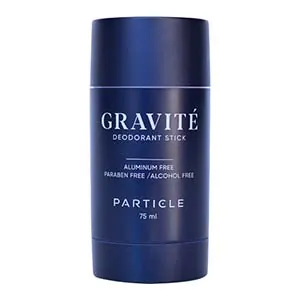
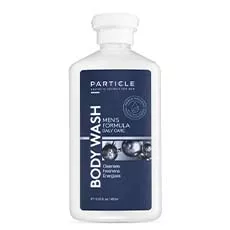
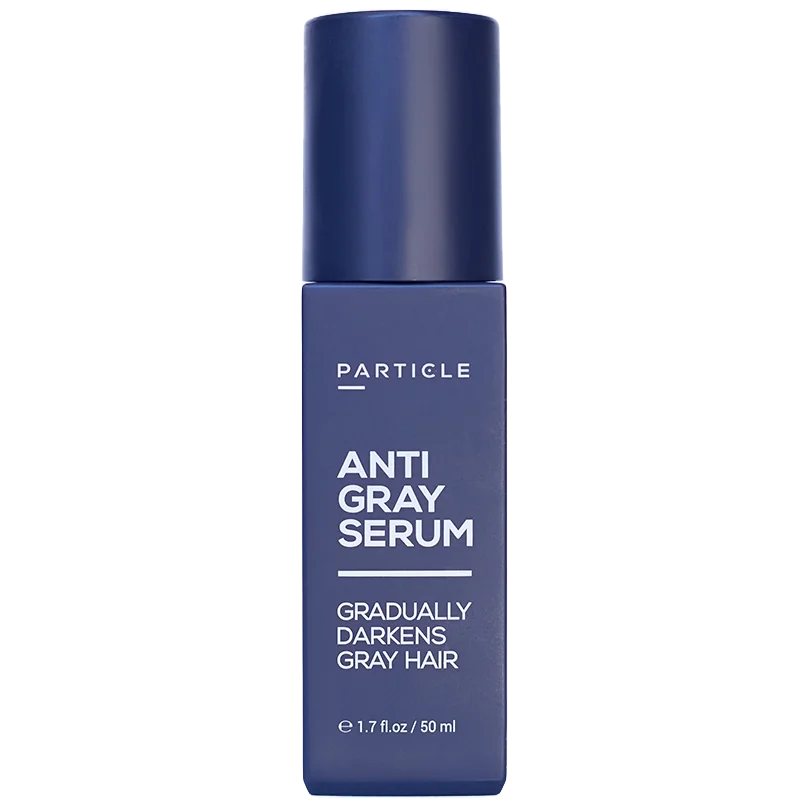
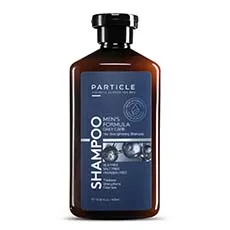
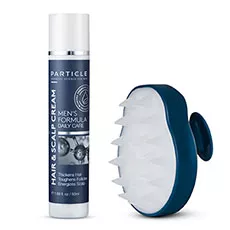
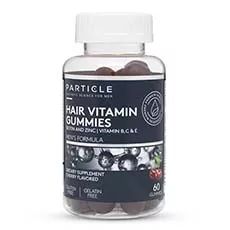
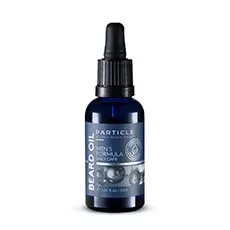
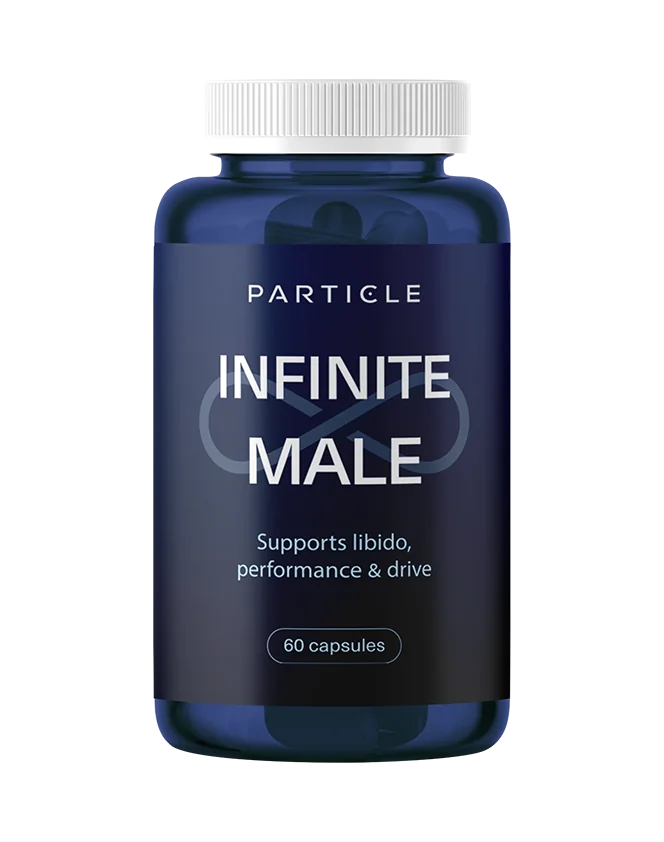
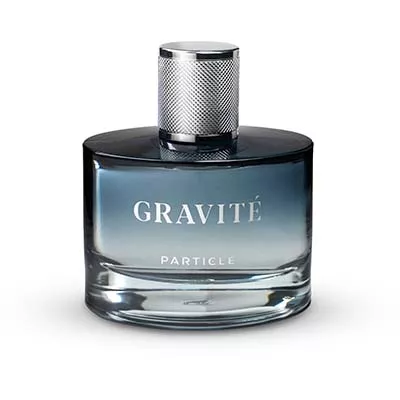

 en
en













